Does Dragon Ball Have a deuteragonist? Explore what qualifies Vegeta for this role and his impact on the anime industry.
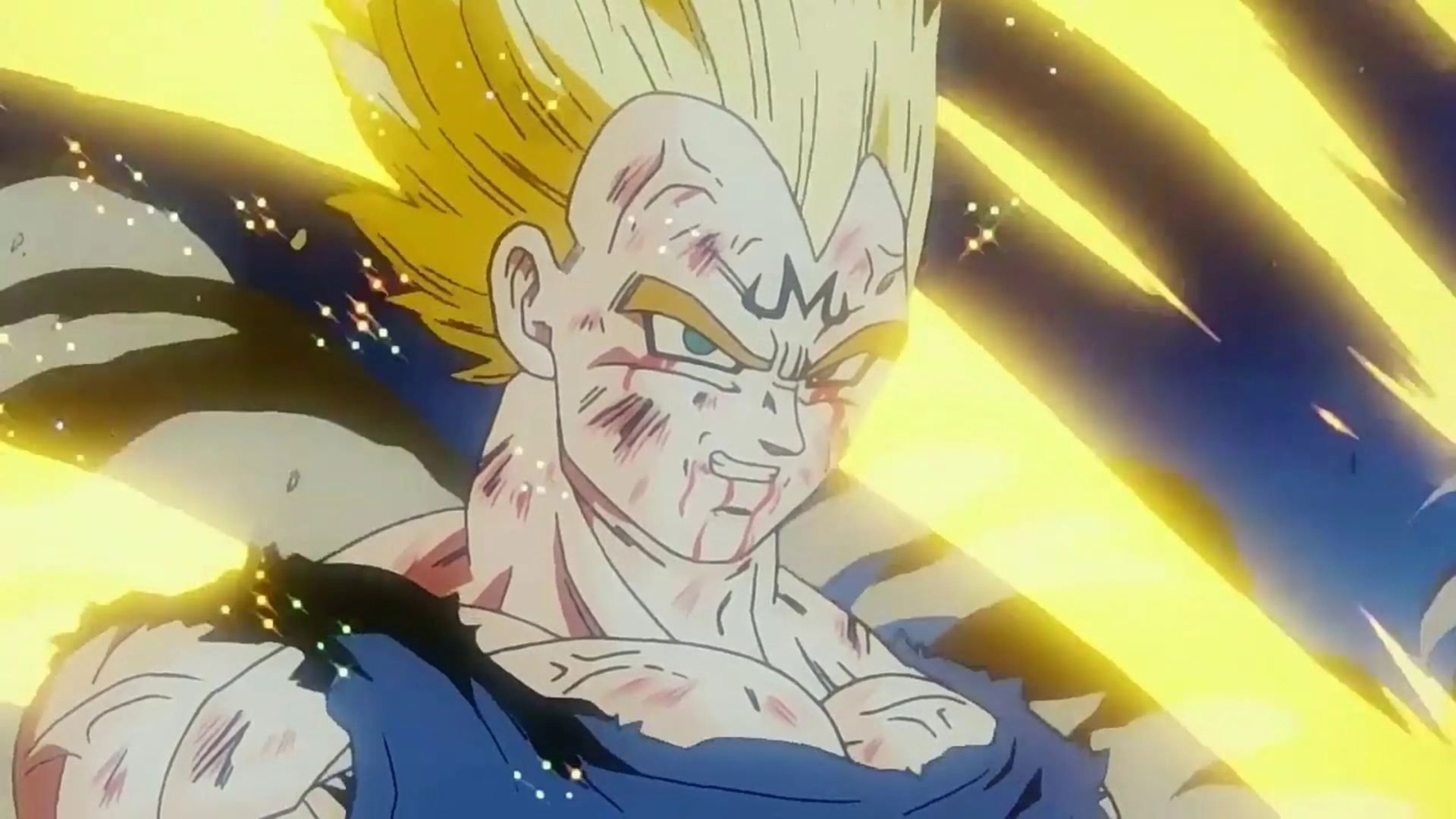
In storytelling, the deuteragonist plays a crucial role, often serving as the second most important character who complements or contrasts the protagonist. They help embody the themes that cannot be shown through the protagonist, providing depth to the narrative.
The key aspect of a good deuteragonist is that they are not merely a supporting character but stand out on their own as a main character. They are well-developed, dynamic, and integral to the plot through their motivations. In the high-stakes storylines of battle shonen anime, the role of these characters only becomes more significant. Dragon Ball, considered by many to be the greatest shonen series ever, has had an immeasurable impact in defining the genre. So, does Dragon Ball have a deuteragonist?
Yes, Dragon Ball does have a deuteragonist, and he is the prince of the Saiyans, Vegeta. Let us take a closer look at the complexity of his character.
Who Is Vegeta in Dragon Ball?
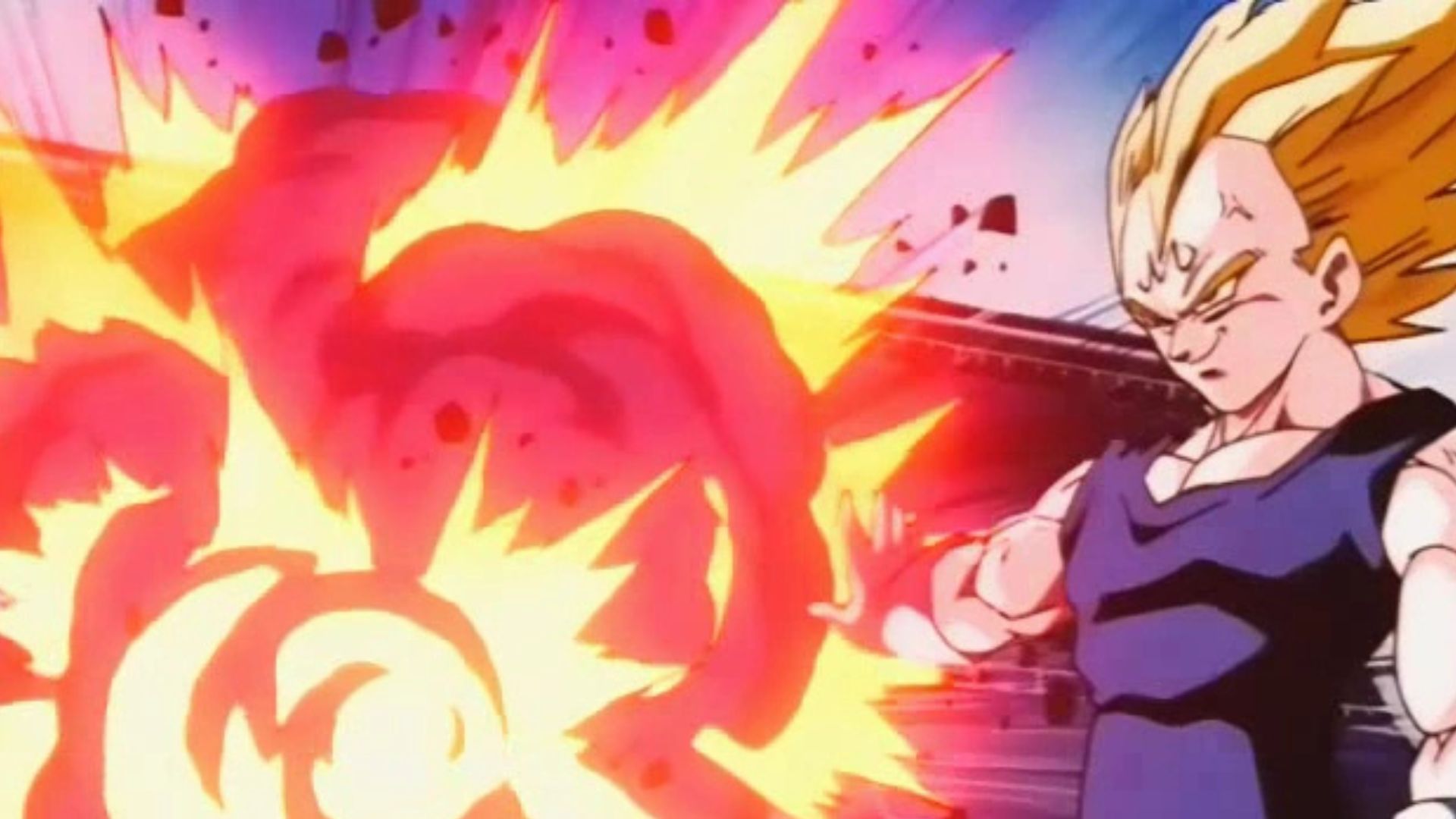
As one of the most iconic characters in all of anime, Vegeta was initially introduced in Dragon Ball as a ruthless and cold person who did not hesitate to kill his opponents. This stemmed from him having witnessed his planet’s destruction at the hands of Frieza. For the sake of defeating them and holding on to his pride, he was a disdainful man who had a long-standing rivalry with Goku.
With each passing arc of the series, however, Vegeta loses his persona of “evilness”, growing to value his relationships and even fighting for the greater good along with Goku. Unlike Goku who fights for the joy of it, Vegeta’s motivations are deeply aligned with his heritage and redemption.
His struggle to balance his pride with his growing compassion and humanity makes him a deeply layered character. Nevertheless, he eventually becomes a figure we can look up to, showing care to both his wife and child. He still holds on to his pride, but it is of a purer form than his earlier malicious search for power.
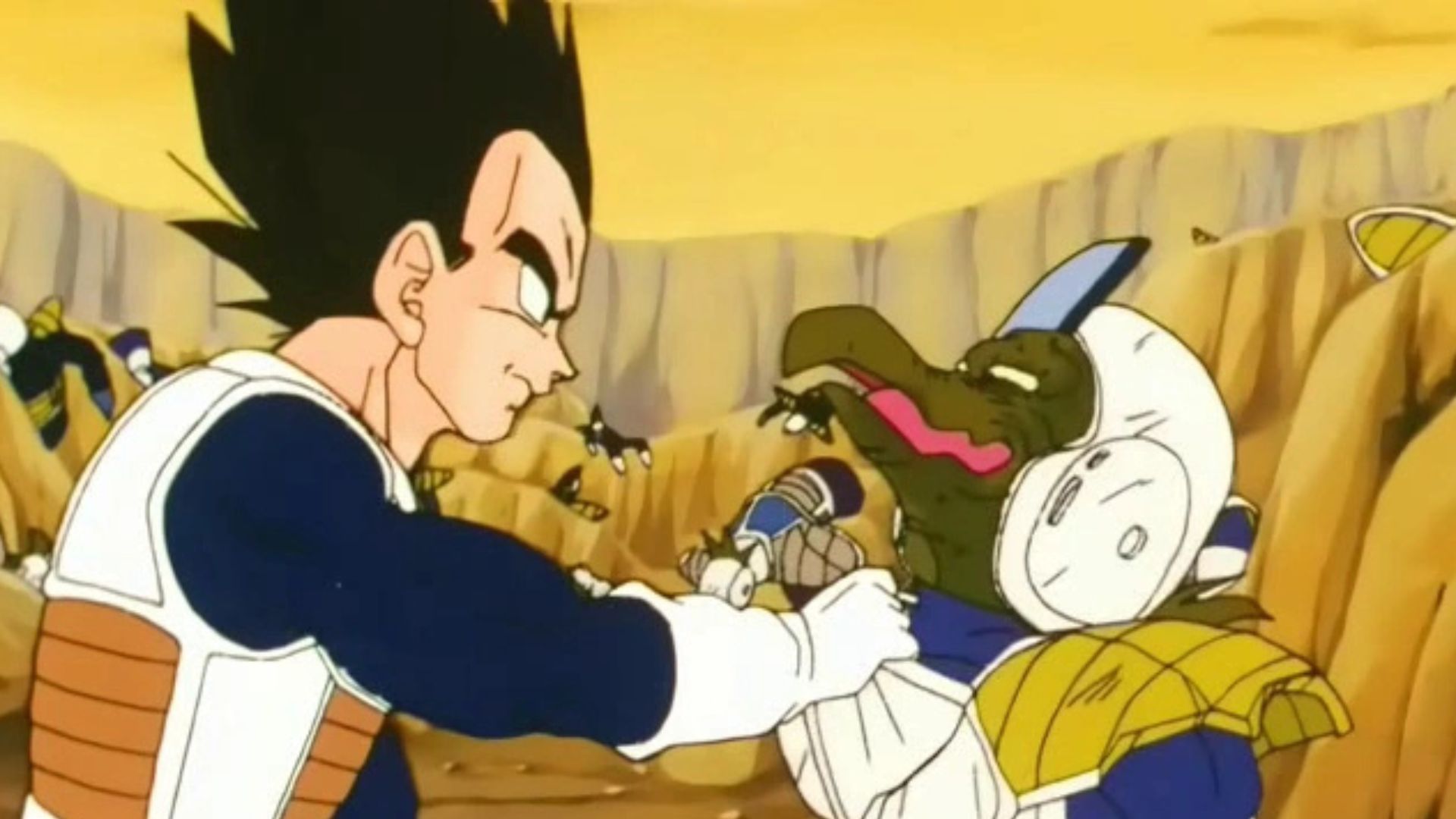
From his first appearance in the Saiyan Saga to his continuous battles with Goku that turn from bitterness to respect, and the poignant scene of his sacrifice during the Majin Buu Saga, Vegeta’s growth and development is a highlight of the Dragon Ball series.
Vegeta’s Rivalry with Goku
The rivalry between Vegeta and Goku is at the heart of Dragon Ball. Both of them wish to become more powerful but for different reasons. Goku’s carefree and optimistic personality starkly contrasts with Vegeta’s intensity and determination. This rivalry drives the narrative, as Vegeta constantly strives to surpass Goku, pushing both characters to greater heights.
It started as a battle due to Vegeta’s complex regarding Goku, where he was even willing to go to any lengths for the sake of defeating his rival. However, with each of their clashes, the two began forming a subtle bond with each other. It was finely displayed when a dying Vegeta asked Goku to defeat Frieza.
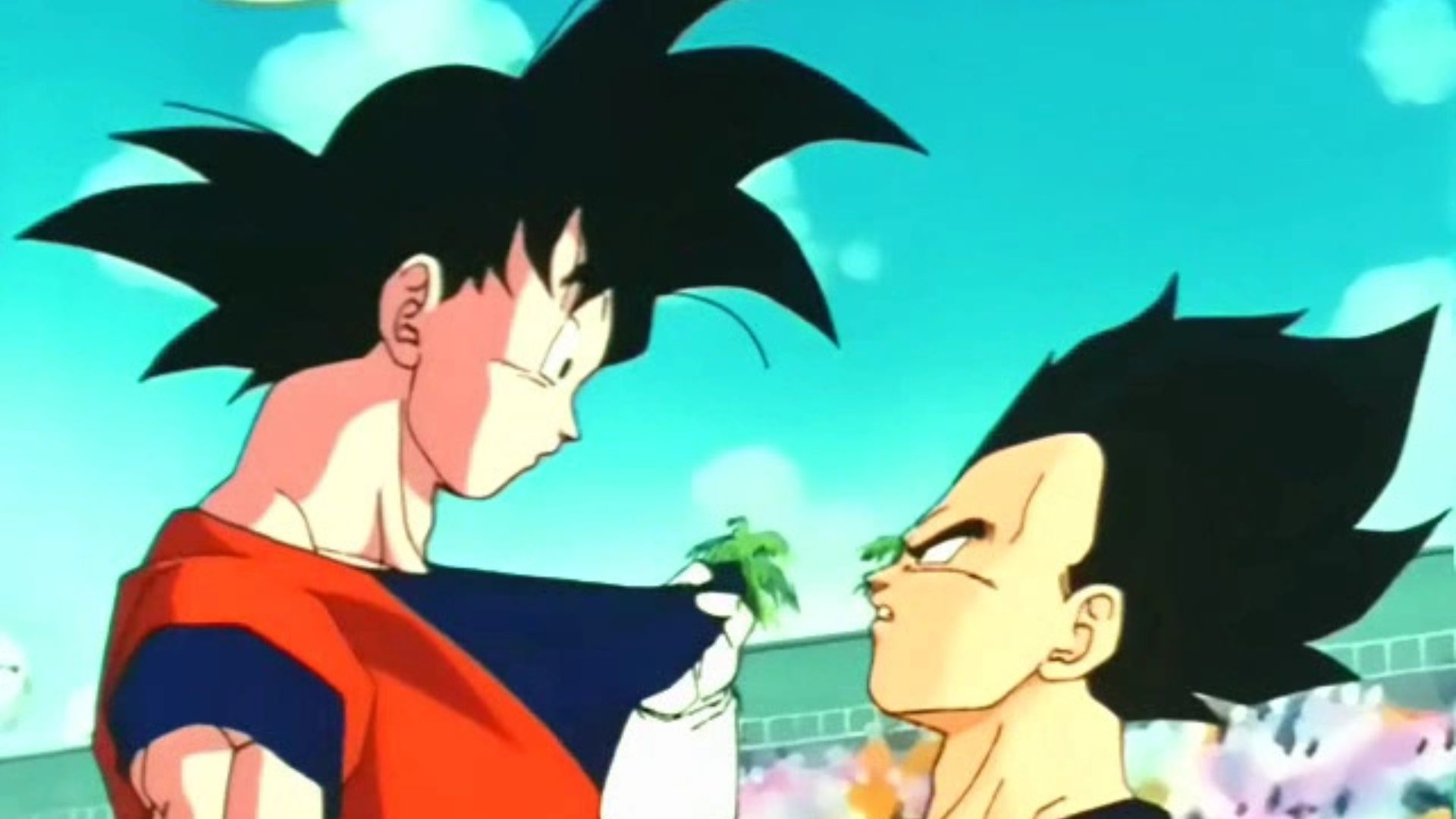
This is the best description of their rivalry, where Vegeta acknowledges and acclaims Goku’s battle prowess but would never openly admit it as long as his pride is intact. Their rivalry also goes way past the battlefield, where their different relationships with their wives and children are also often compared by fans.
Hence, the complex relationship and camaraderie shared by Goku and Vegeta is an indelible part of Dragon Ball that helps make the series what it is.
What Makes Vegeta an Anti-Hero?
An anti-hero is a character who is not conventionally heroic but also doesn’t go far enough to be described as a villain. This is the ideal description of Vegeta, who fans go as far as saying is the perfect anti-hero.
During his introduction, Vegeta was extremely unlikeable and believed to be a formidable antagonist of the series. This set up the tone of his actions, driven by personal ambition and mercilessness. He was explicitly stated to have killed multiple people, many of whom were innocent.

Right when we think he is irredeemable, however, Dragon Ball hits us with his tragic past and motivations. While they do not redeem him, they help provide insight into what shaped his personality. If the series had stopped with this, Vegeta would have simply remained a sympathizable villain. Thankfully, it goes one step further.
Dragon Ball showcases Vegeta’s drastic change in a tangible manner. A man who was once willing to throw away his humanity for power becomes a person who gives up his life to protect others. He has a wholesome relationship with his family, shares his vulnerabilities and has also protected the world.
Therefore, Vegeta is a morally ambiguous character whose actions we cannot completely condone, but whose growth we accept wholeheartedly. Rather than simply following the anti-hero archetype, he helped by being a trendsetter.
How Vegeta Has Influenced Deuteragonists in the Anime Industry
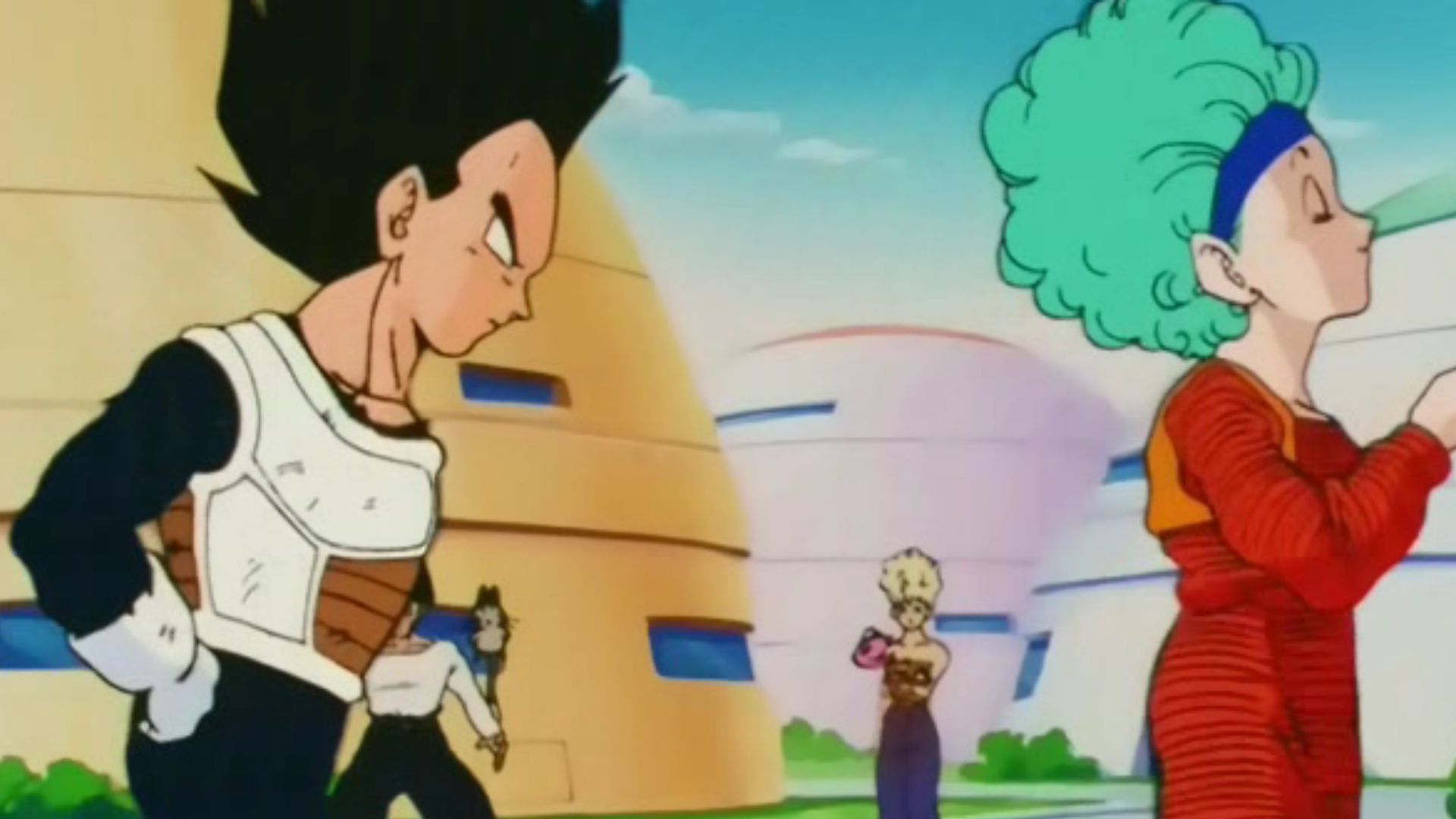
New fans of Dragon Ball might simply think Vegeta is a standard deuteragonist, but this character set the direction of almost every renowned shonen anime today. Most manga creators do not hold back their thoughts on Dragon Ball, with many pouring in love and expressing how the series influenced their careers.
Vegeta’s layered narrative has been widely influential. Vegeta’s blend of pride, vulnerability, and redemption has inspired similar characters in other franchises. Popular examples of these include Sasuke from Naruto, who much like Vegeta, has done heavily questionable things in the series. He was greatly driven by the past of his clan and his toxic rivalry with Naruto. By the end, however, the two work together to face a greater threat and make amends.
Similarly, Hiei from Yu Yu Hakusho depicts the “edgy” persona of Vegeta, looking cool but taking shocking actions that don’t qualify as good. Nevertheless, deep inside, he has a compassionate side that protects his loved ones. These characters owe much to the blueprint established by Vegeta—a rival-turned-ally who enriches the story through his growth.
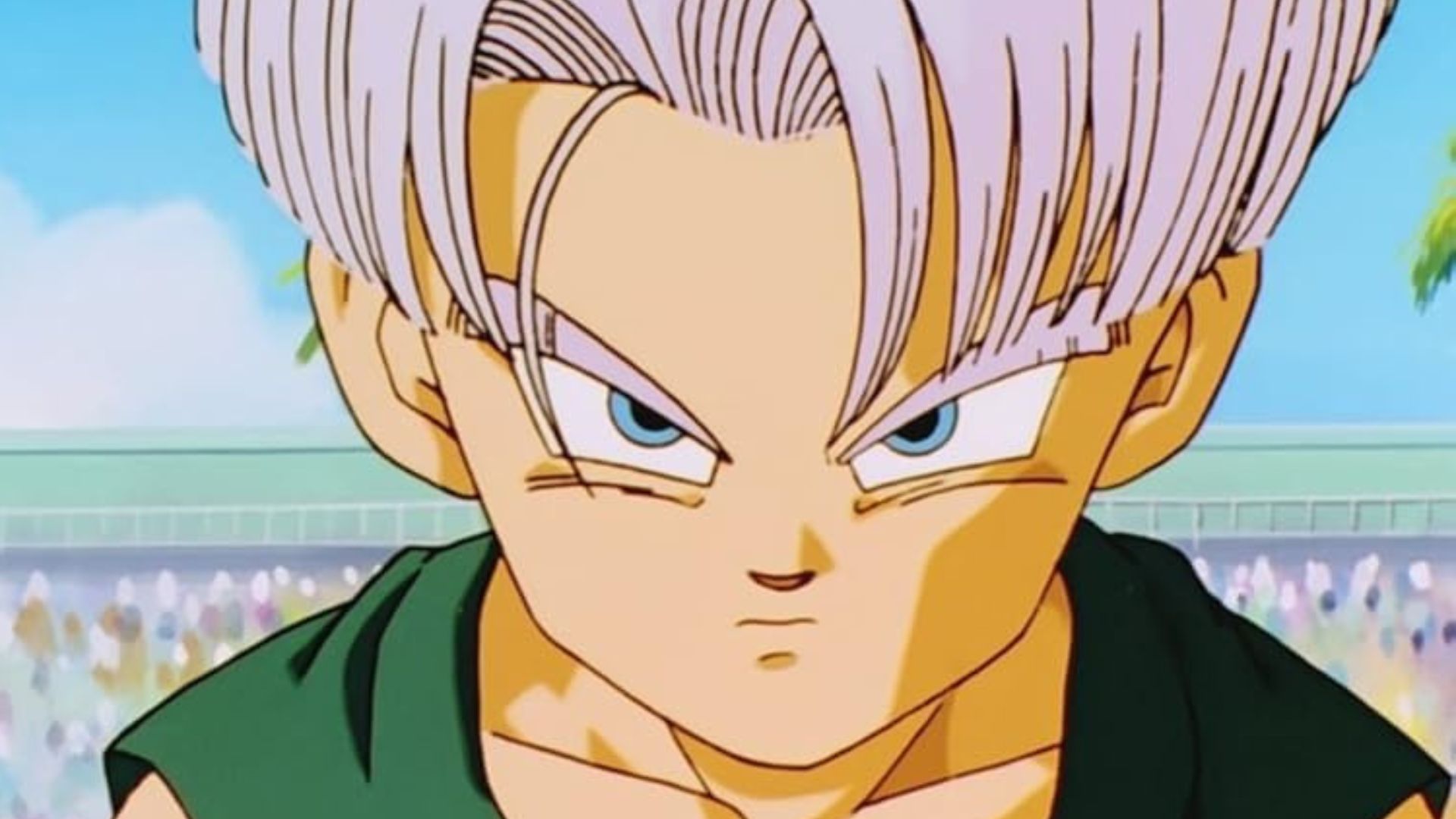
Additionally, Vegeta’s influence in anime extends far beyond just individual characters. His role as a deuteragonist has popularized the “foil” – a character directly contrasting the protagonist to highlight their strengths and weaknesses. Whether it be comparing talent to hard work as in Black Clover or overcoming one’s limits as in My Hero Academia, there are countless anime to refer to.
Hence, Vegeta has changed the way deuteragonists are perceived and written forever. He serves as a model for many tropes we commonly see, adding great complexity to these characters.
Conclusion
In Dragon Ball, Vegeta stands out as the definitive deuteragonist. His character arc, development and standout moments rival the protagonist, with many believing he is better than Goku. Therefore, Vegeta perfectly embodies the qualities of a great deuteragonist: depth, dynamism, and a lasting impact on the narrative.
Looking For More?
Thank you for reading the article. We provide the latest news and create guides for Baldur’s Gate 3, Starfield, ARK Survival Ascended, and more. Also, watch Deltia play games on Twitch or visit his YouTube channel!
 Reddit
Reddit
 Email
Email